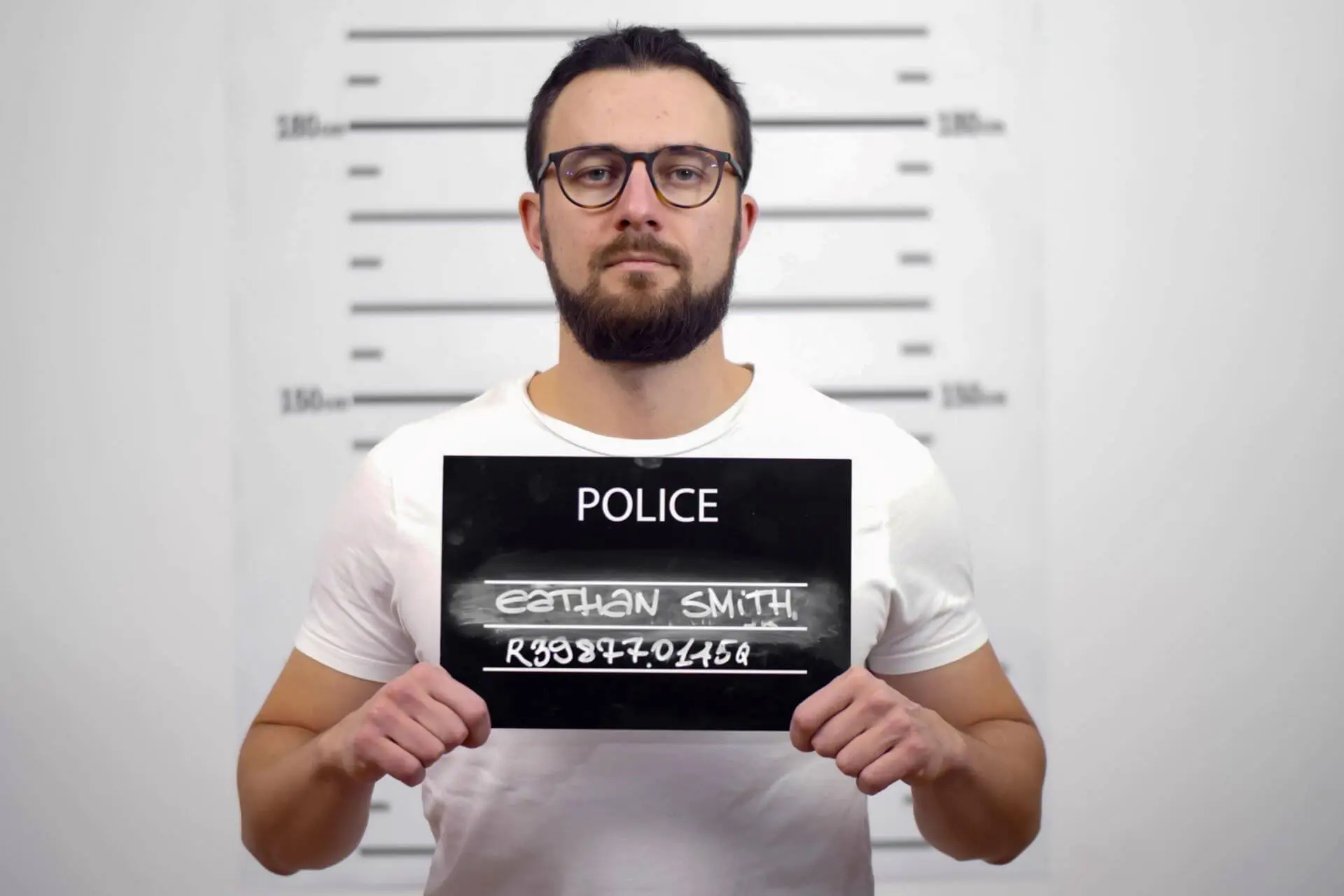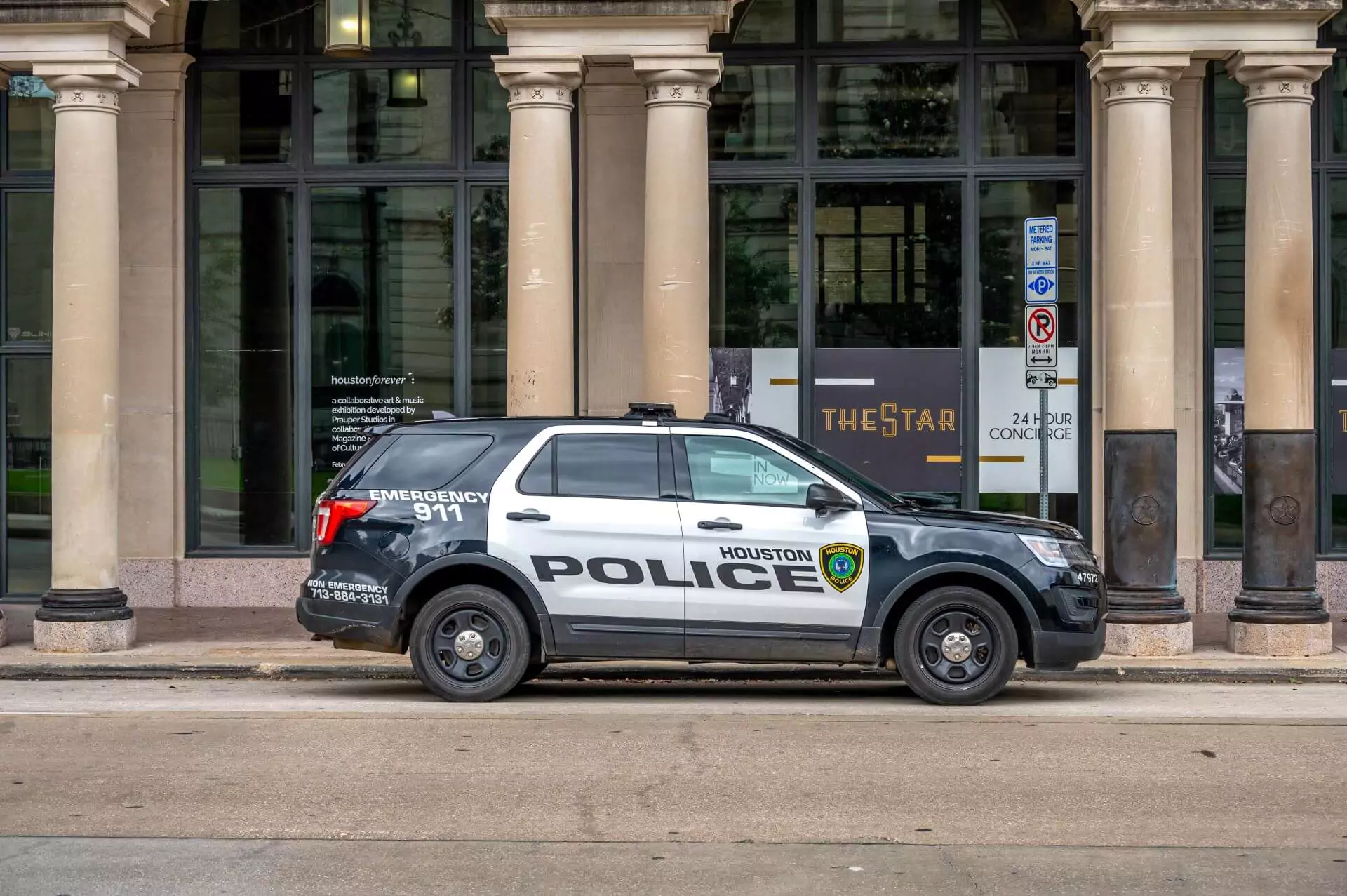Texas Governor Greg Abbott has vetoed a bill that would have banned all consumable hemp-derived products containing THC in the state. The veto has major implications for Texans, so it’s important to be aware of the governor’s decision moving forward.
Bill 3 would have criminalized all THC products.
Specifically, SB 3 would have banned the production, sale, and possession of hemp-derived products containing any trace of THC, like gummies, vapes, and oils. These products are currently legal in Texas, including Delta-8 and Delta-9.
In terms of penalties, the bill would have made manufacturing or selling THC products a felony and possession a misdemeanor, depending on the circumstances.
Senate Bill 3 had passed both the Texas House and Senate.
Back in late May, the bill made its way through the two chambers of the Texas state legislature before landing on Governor Abbott’s desk.
Veterans led the fight to stop the ban.
While many groups, including hemp farmers and retailers, supported a veto, one of the most effective voices in opposition to the bill came from Texas veterans.
The Texas VFW (Veterans of Foreign Wars) advocated for the regulation of THC products rather than an outright ban.
According to Mitch Fuller, legislative director of the VFW in Texas, many veterans rely on hemp-derived THC products to manage PTSD, anxiety, and chronic pain. Members of the VFW testified in public hearings and wrote letters to the governor’s office. They also met with members of Governor Abbott’s staff prior to the veto.
“We are combat veterans, man. We don’t quit. We get knocked down and we’re gonna get back up,” Fuller told WFAA in Dallas. “This is too important to our community.”
Ultimately, the efforts of Texas veterans and other groups were successful.
The law currently allows 0.3% THC content.
With the veto, hemp-derived products remain legal in Texas so long as they contain less than 0.3 percent Delta-9 THC by dry weight. This guideline comes from the 2018 federal Farm Bill, which legalized industrial hemp nationwide.
THCA is not included in that regulation.
THCA is a non-psychoactive compound found in raw cannabis plants. Current law does not regulate THCA, even though it becomes THC when burned, producing psychoactive effects.
Advocates for SB 3, including Lt. Gov. Dan Patrick, argue that the legality of THCA is a loophole.
Here’s what to do if you’re arrested for a THC product in Texas.
With SB 3 vetoed, now is a good time for a refresher on what the law means for your rights and how you can protect yourself.
Even though products with .3% THC or under are legal, you may still be arrested for possession. Officers don’t always understand what you’re holding or may not care.
If you are arrested for possession of marijuana in Texas, here’s what you need to do:
- Don’t talk to the police
- Don’t consent to a search
- Contact an attorney
Remember that the arresting officer believes that you are in possession of an illegal substance, but testing is currently backed up at the Department of Public Safety (DPS). It could take months or even a year for the substance to be tested, so the last thing you want to do is incriminate yourself or accidentally admit to possessing an illegal substance months before you are summoned to court or a warrant is issued for your arrest.
1. Don’t talk to the police.
Do not try to explain that your product is legal. What you say to the police can only be used against you.
Instead, invoke your right to remain silent. Don’t be vague. Clearly state: “I invoke my Miranda right to remain silent”, “I only want to speak to my attorney,” or a similar phrase.
2. Don’t consent to a search.
If law enforcement has probable cause — for example, the odor of marijuana or visible marijuana products — they can conduct a search. If they don’t have probable cause, you do not have to agree to a search of your car, bag, or home.
Remember to clearly say, “I do not consent to a search.” However, if a search is initiated, comply with police orders. The time to fight is in court.
3. Contact an attorney.
It’s crucial to call a lawyer as soon as possible. A criminal defense attorney firm like ours will immediately begin working on your case and chart the best course for your defense. We would also step in and ensure that there's no further questioning from law enforcement.
We have several strategies and existing legal precedents at our disposal to have your case dismissed—we don’t have to wait for DPS to test the product. I won’t delve into specifics here, as that would be speculative and tantamount to offering legal advice or making guarantees. Let me just say we’re a criminal defense firm that specializes in drug possession cases and knows how prosecutors go after convictions.
Get help from Gold Legal, PLLC.
If you’ve been arrested in Texas for possessing a THC product or for another drug-related crime, there’s no one better in Fort Worth or Dallas to advocate for your every right under the law and work to get you the best possible outcome in your case. Contact us today.
— Kandi Gilder, Attorney at Law







